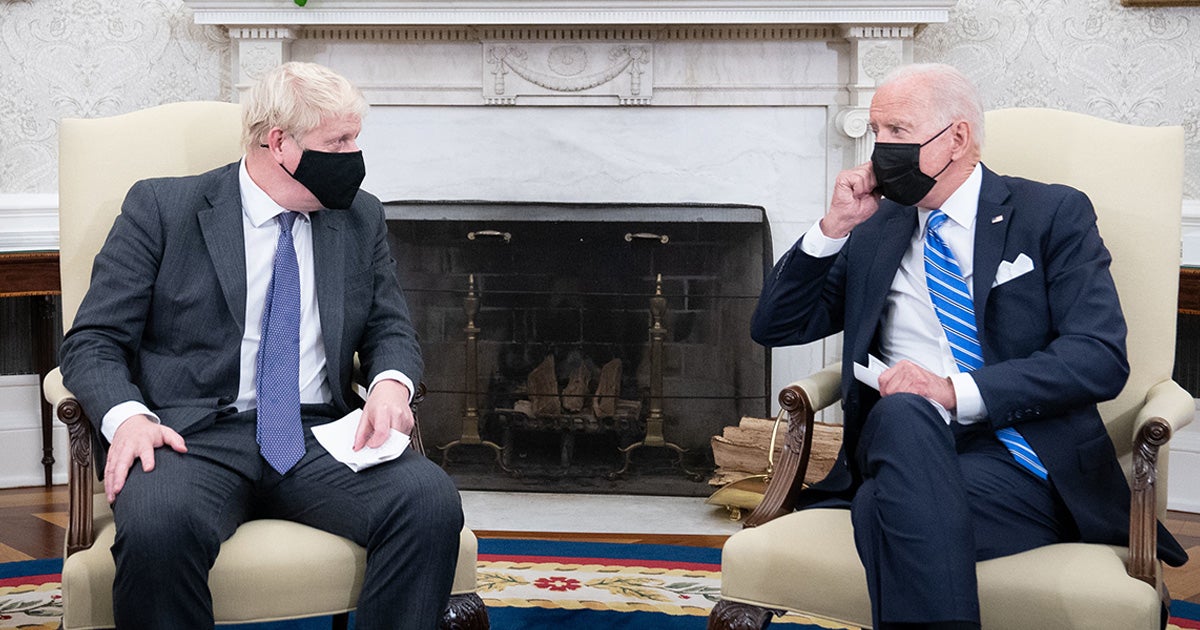Diplomatic gift-giving is a banal nightmare – it’s time to freshen the practice up
Perhaps the problem is that the presents don’t say enough? Some subtle coded messages, Byzantine style, is probably the type of diplomatic breakthrough we’ve been hoping for, writes Salma Shah

What can be more revelatory than the exchange of gifts between high powered dignitaries? Even though you can never be sure what it’s actually trying to reveal. Boris Johnson has paid his first visit to the White House and has taken with him a copy of British astronaut Tim Peak’s book, Hello, Is This Planet Earth? – one hopes it was hardback.
The gift was designed to underline the shared ambition to tackle the climate crisis – and in return, Joe Biden gave the PM a framed photo of them together at Carbis Bay, taken earlier in the year at the G7. It’s a bit of a step down from the custom made bike he turned up with last time. Does this signify a cooling in the relationship? Or perhaps it’s just the pain of protocol having to reign in the gift giving after the first one? One thing’s for certain, a book is better than a framed photo.
Behind the scenes, stretched aides are usually racing around last-minute to find suitable gifts, some thought through – some not. Previous advisers recall that no matter how long in the planning the gift was always a last-minute rush! Another recounts how the most thoughtful gifts could also be reciprocated with the most banal item possible. Clearly, this gift giving lark is a bit of a pain. It’s not like you know anyone intimately or even have enough of a relationship to decipher the perfect present.
Subscribe to Independent Premium to bookmark this article
Want to bookmark your favourite articles and stories to read or reference later? Start your Independent Premium subscription today.
Join our commenting forum
Join thought-provoking conversations, follow other Independent readers and see their replies